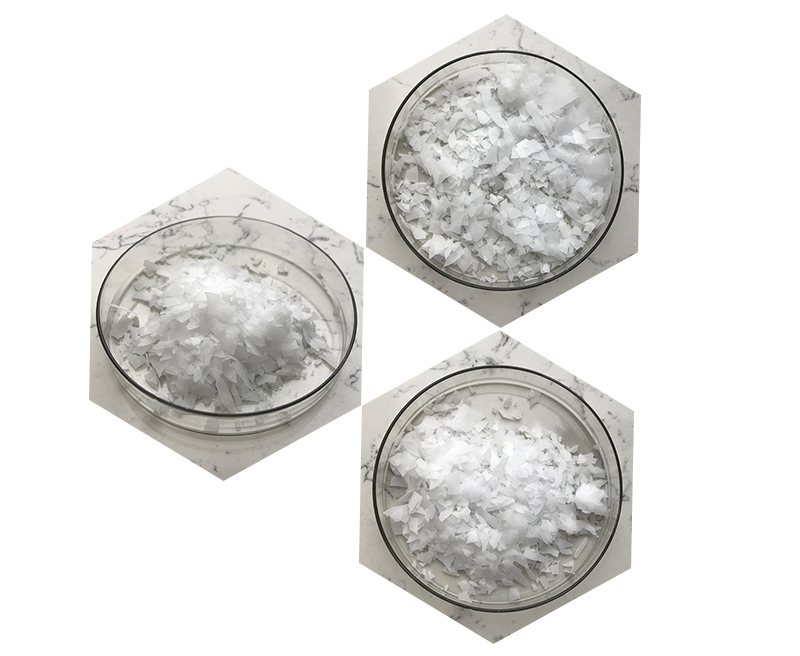Ceteareth is a compound commonly used in the cosmetics and personal care industry as an emulsifier and surfactant. It belongs to a group of ingredients known as ethoxylated fatty alcohols. While it has several benefits, it’s essential to be aware of potential drawbacks. Here are some pros and cons of Ceteareth:
Pros of Ceteareth:
Emulsifying Agent: Ceteareth is effective as an emulsifying agent, helping to blend water and oil-based ingredients in cosmetic formulations. This is crucial for the creation of stable and homogeneous products like creams and lotions.

Improved Texture: It contributes to the smooth and creamy texture of cosmetic products, enhancing the overall sensory experience for users.
Stability: Ceteareth helps in stabilizing formulations by preventing the separation of water and oil phases. This is important for maintaining the quality and appearance of cosmetic products over time.
Versatility: Ceteareth is a versatile ingredient that can be used in various types of personal care products, such as creams, lotions, shampoos, and conditioners.
Skin-Friendly: In general, Ceteareth is considered safe for use in cosmetics, and it is well-tolerated by many skin types.
Cons of Ceteareth:
Potential Contaminants: The ethoxylation process used to produce Ceteareth can lead to the presence of trace amounts of ethylene oxide and 1,4-dioxane, which are potential contaminants. These substances may be linked to health concerns, although the levels in the final product are typically low.
Skin Sensitivity: While generally considered safe, some individuals may be sensitive or allergic to Ceteareth. It’s essential to perform patch tests or choose products without Ceteareth if you have known sensitivities.
Environmental Impact: The production and disposal of ethoxylated compounds, including Ceteareth, can have environmental implications. Ethoxylation processes may generate by-products that can be harmful to aquatic ecosystems.
Regulatory Concerns: In some regions, there are regulatory concerns about the potential presence of impurities in ethoxylated compounds. Regulatory authorities may set limits on the levels of specific contaminants in cosmetic products.

Not Suitable for All Formulations: While versatile, Ceteareth may not be suitable for all formulations, and its effectiveness can depend on the specific characteristics of the product being developed.
It’s important to note that the pros and cons of Ceteareth may vary depending on the specific formulation, concentration, and individual sensitivities. Cosmetic manufacturers carefully assess and monitor the safety and efficacy of their formulations to ensure consumer well-being. Additionally, consumers with specific skin concerns or sensitivities may choose products that do not contain Ceteareth or related compounds.
